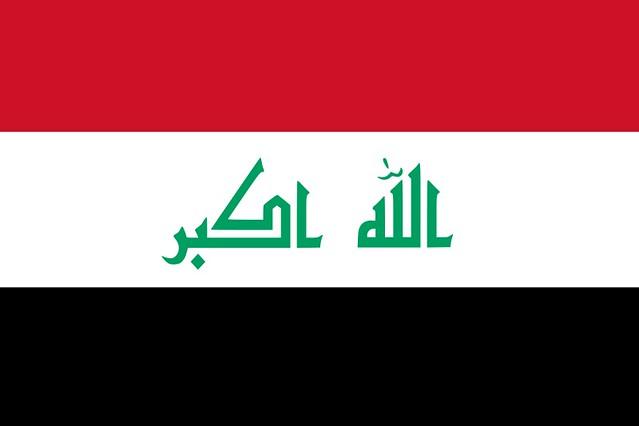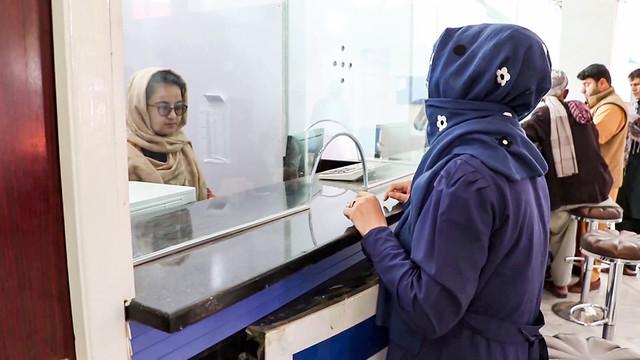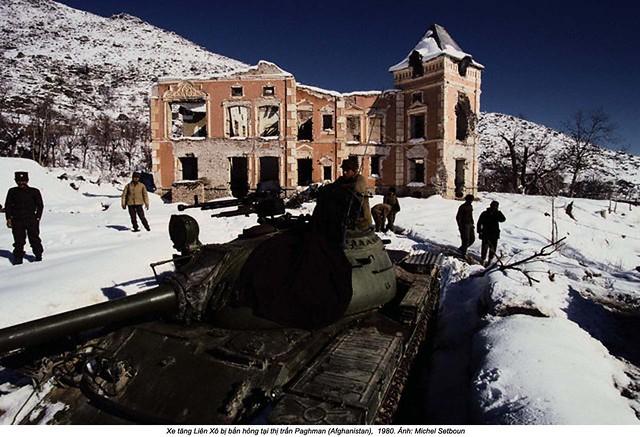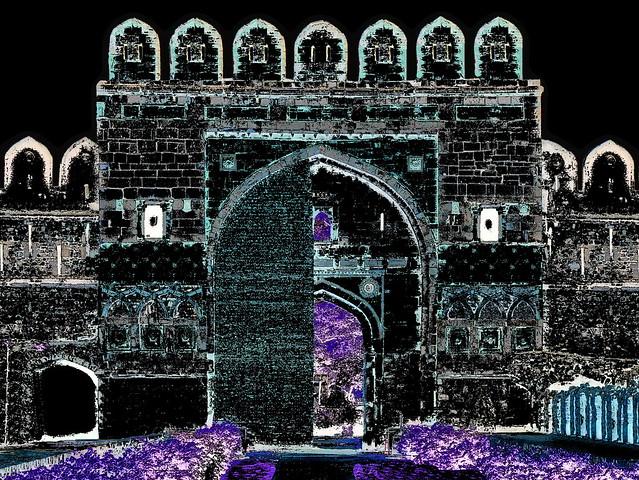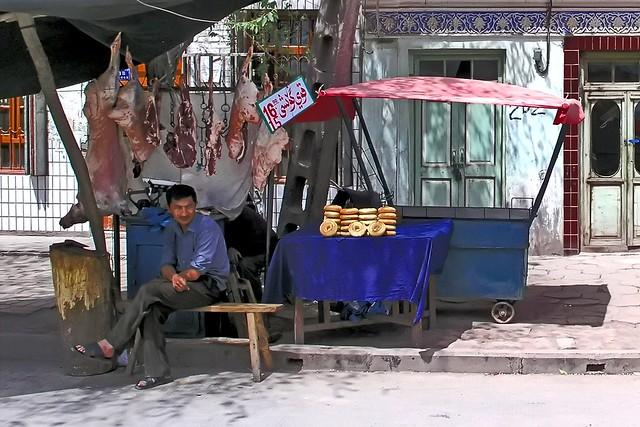
Kabul
Overview
Historical Significance
Kabul, the capital of Afghanistan, is a city steeped in history, with roots dating back over 3,500 years. It has served as a crucial crossroads for various cultures and empires, including the Achaemenids, the Mauryans, and the Mughals. The remnants of its rich past are evident in the many historical sites scattered throughout the city. The Bala Hissar, a historic fortress, offers panoramic views of Kabul and serves as a reminder of the city's strategic importance over the centuries. Visitors can explore the Shah-e Do Shamsher Mosque, an exquisite example of Islamic architecture that reflects the city’s deep spiritual heritage.
Cultural Vibrancy
Kabul is a tapestry of cultures, where traditions from various ethnic groups intertwine to create a unique atmosphere. The city is predominantly inhabited by the Pashtun, but also features significant populations of Tajiks, Hazaras, and Uzbeks. This diversity is celebrated in Kabul’s vibrant markets, such as Shar-e Naw and Mandawi, where local artisans sell handmade crafts, textiles, and jewelry. The aroma of traditional Afghan cuisine fills the air, with dishes like kabuli pulao (a fragrant rice dish) and mantu (dumplings) tantalizing the taste buds. Visitors can immerse themselves in the local culture by attending a taaziyah performance, a traditional theatrical reenactment of historical events, particularly those significant in Islamic history.
Atmosphere and Local Characteristics
The atmosphere in Kabul is a blend of resilience and warmth. Despite the challenges the city has faced, the spirit of its people shines through in their hospitality. Cafés and tea houses, such as the famous Gul Bahar, serve as social hubs where locals gather to converse, sip sweet green tea, and enjoy pastries like sheer khurma. The streets are alive with the sounds of bustling vendors, children playing, and the calls to prayer echoing from minarets, creating a vibrant and dynamic soundscape.
Natural Beauty
Surrounded by the majestic Kabul Mountains, the city’s natural beauty is breathtaking. For those who enjoy outdoor activities, the nearby Shahr-e Naw Park and the Kabul River offer opportunities for relaxation and recreation. The mountains provide numerous hiking trails that reward adventurers with stunning vistas of the city and its surroundings. The changing seasons paint the landscape in vibrant colors, making Kabul a picturesque destination throughout the year.
Modern Developments
In recent years, Kabul has seen significant development and modernization efforts. New infrastructure projects, such as roads and buildings, have been established, reflecting the city’s aspirations for progress. The Afghan National Museum, recently renovated, showcases the country’s rich cultural heritage and attracts both locals and tourists alike. Cafés, restaurants, and shops are increasingly popping up, offering a mix of traditional and contemporary experiences that cater to diverse tastes.
Safety and Travel Tips
Traveling in Kabul requires an awareness of the local context. While the city has much to offer, it is essential for foreign travelers to stay informed about the security situation and follow local guidance. Engaging with reputable local guides can enrich the experience, providing insights into the culture and ensuring a respectful interaction with the communities.
Kabul is a city of contrasts, where the echoes of a storied past coexist with the vibrancy of everyday life. Each corner of the city tells a story, and every interaction offers a glimpse into the resilience and beauty of Afghan culture.
Other towns or cities you may like in Afghanistan
Explore other cities that share similar charm and attractions.


